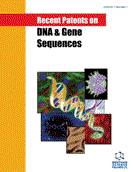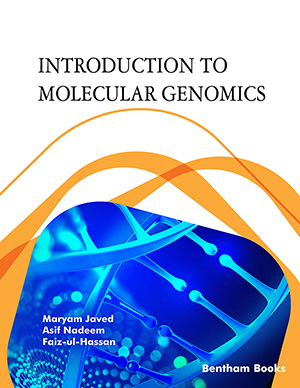Abstract
Type 2 diabetes mellitus has become a world wide extended disease, and while insulin insensitivity is an early phenomenon partly related to obesity, pancreas β-cell function declines gradually over time already before the onset of clinical hyperglycaemia. Therefore, drugs able to stimulate or enhance insulin secretion will moderate hyperglycemia and then reduce the occurrence of later complication of the disease. Current strategies in type 2 diabetes include sulphonylurea compounds, GLP1, exendin 4 and DPP4 inhibitors and GK activators. Since many diabetic patients still exhibit poor glycemic control, other fail to respond to the treatment, and some develop serious complications, more effective treatments for diabetes than those mentioned above remain challenging for modern research. Then, the present review will focus on existing approaches and novel patents targeting β-cell, with special emphasis in those related with the glucoseinduced insulin secretion process. The management of this disease includes not only diet and exercise, but also utilization of antihyperglycemic new drugs, gene therapy strategies and combinations of novel insulin releasers and secretagogues.
Keywords: Glucose, insulin, diabetes, glucokinase, KATP, GLP-1, pancreas
 21
21











